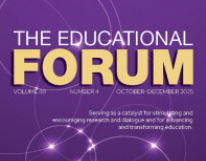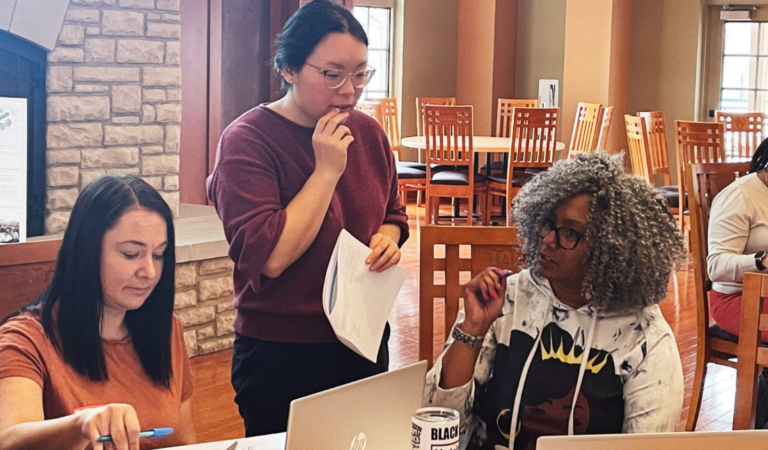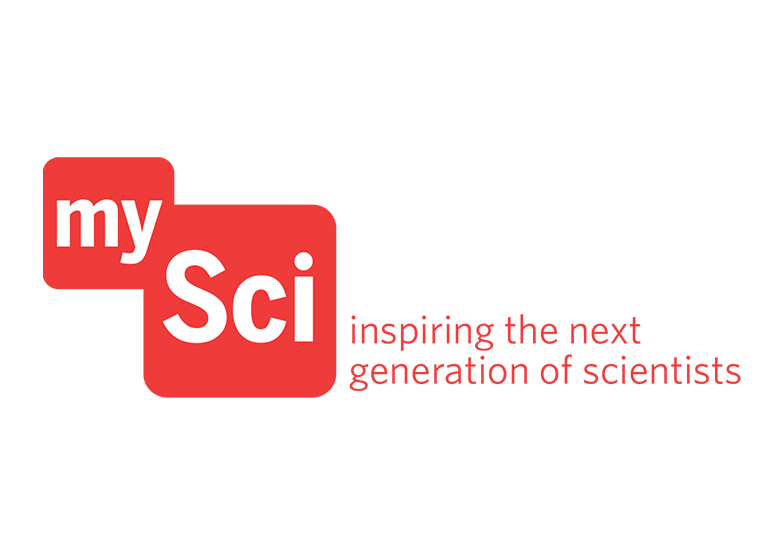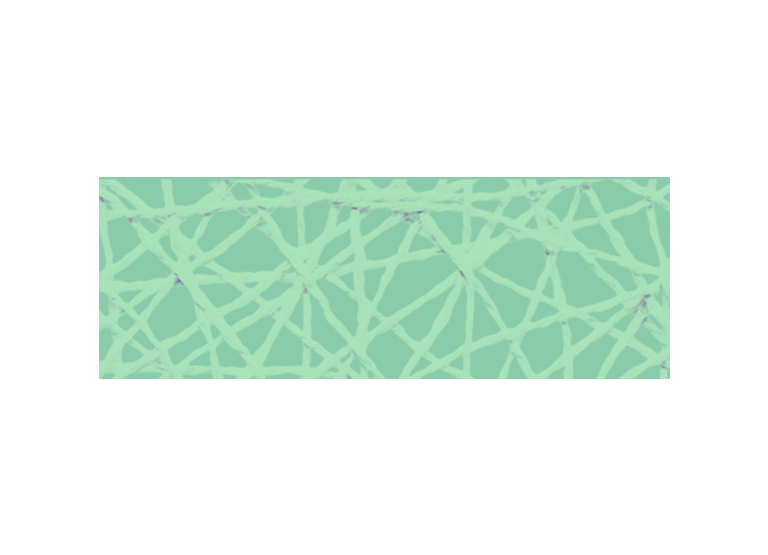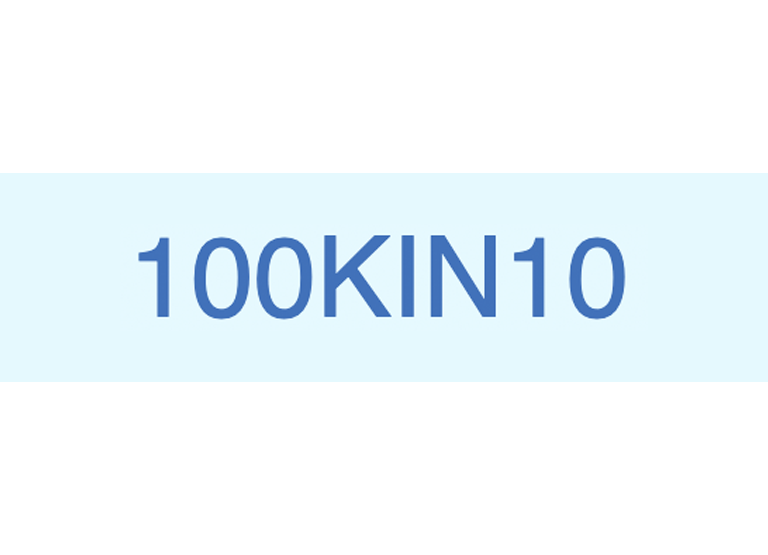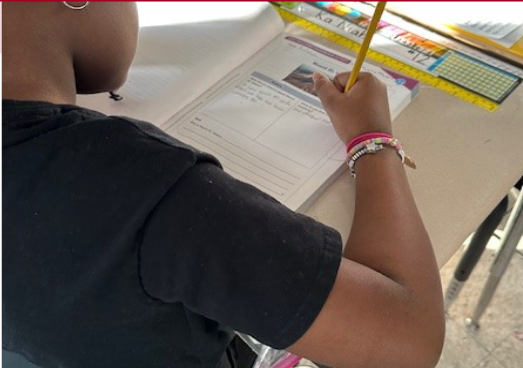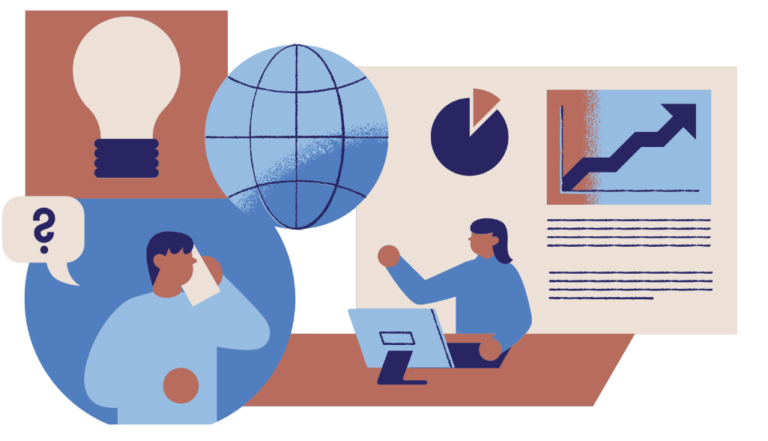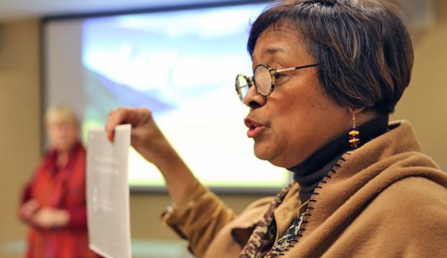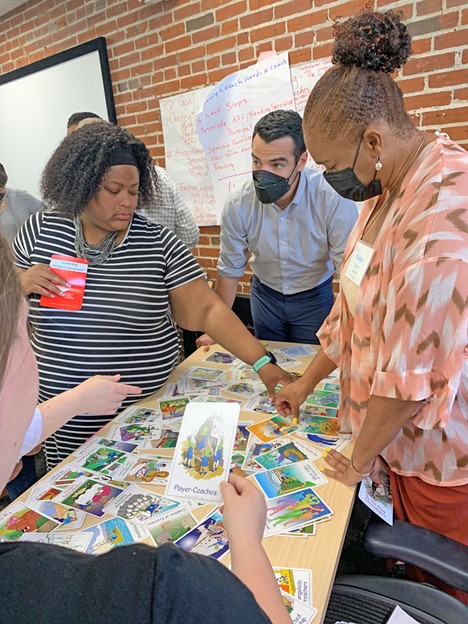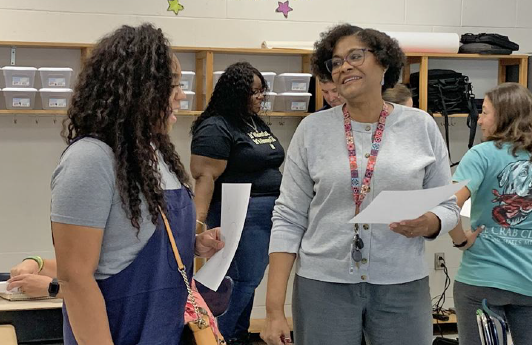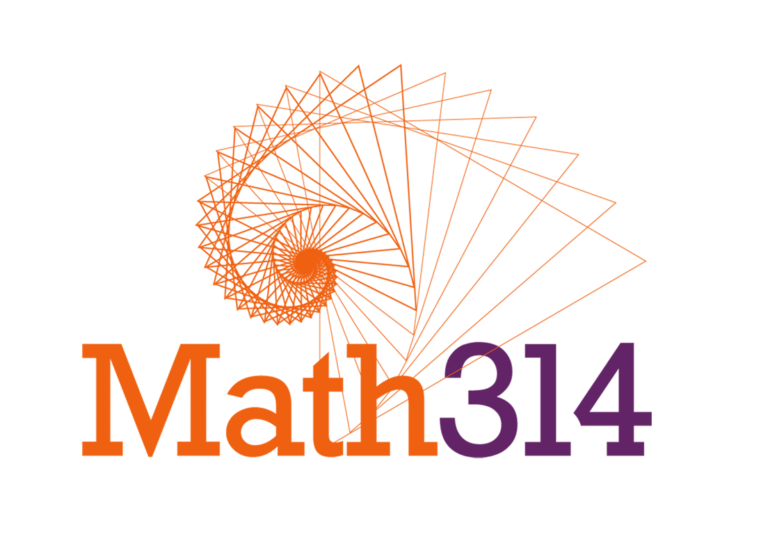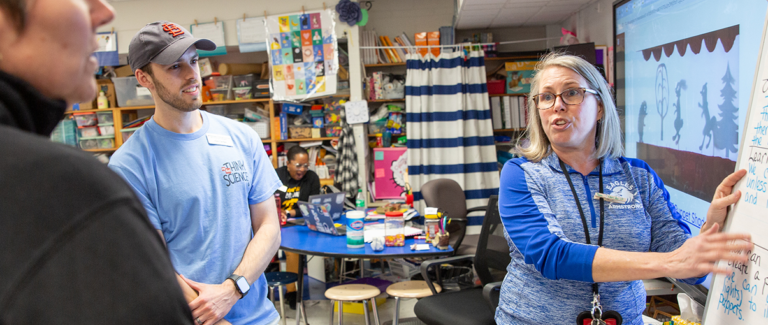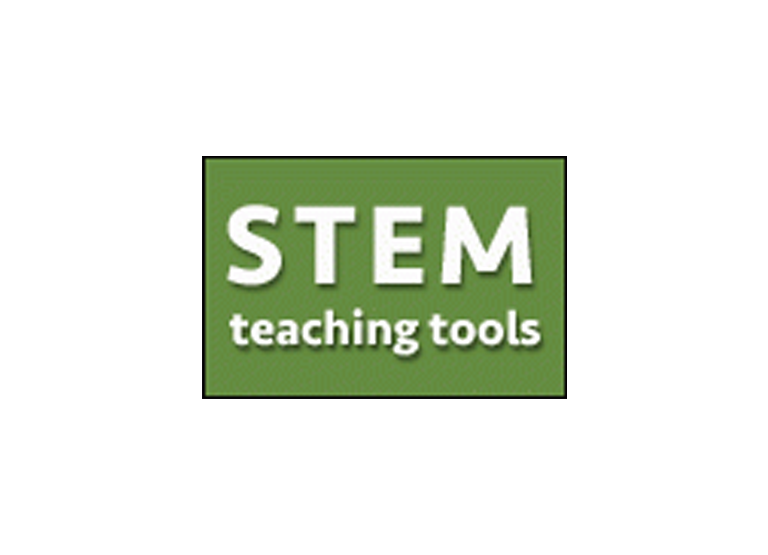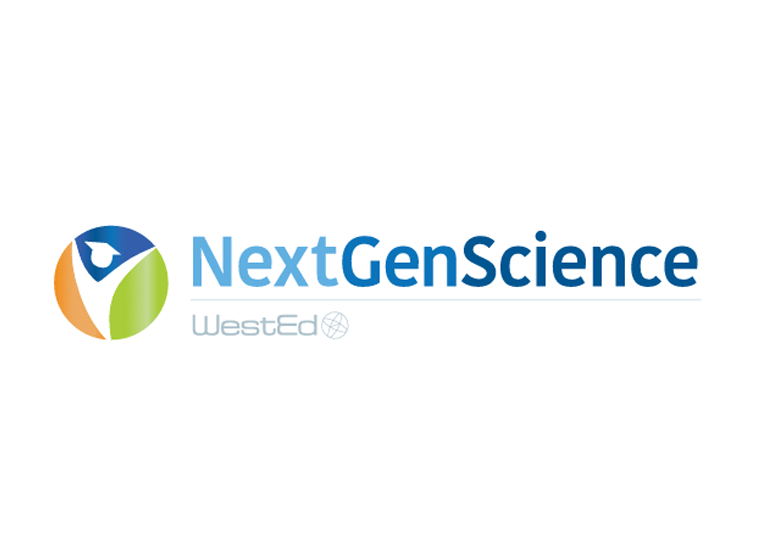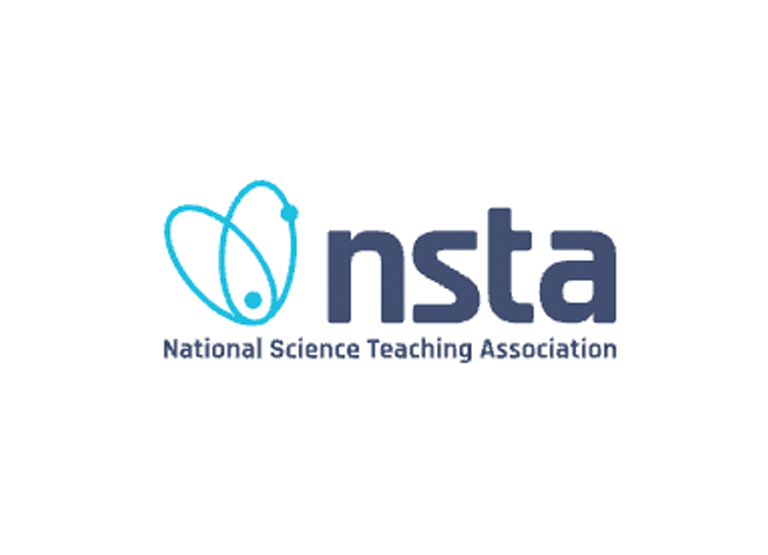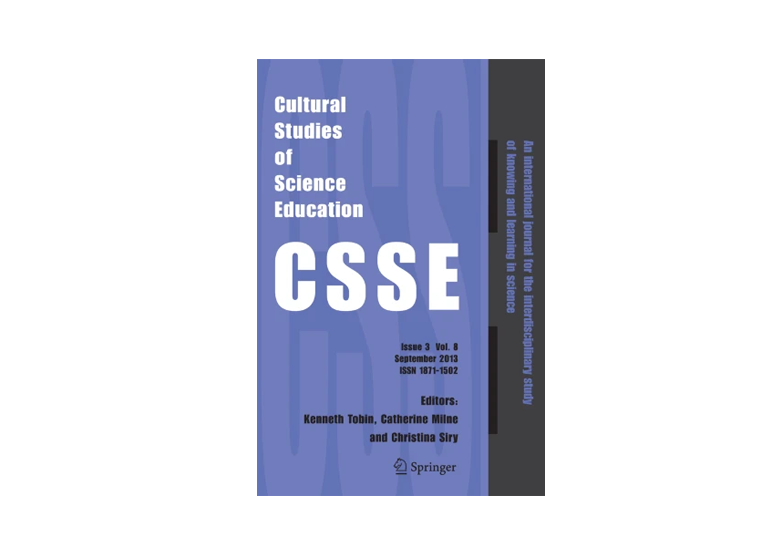Early Impact of Teacher Leaders in a Networked Improvement Community on Middle School Mathematics Performance
JOURNAL ARTICLE • April 2025 • Rachel M. Ruggirello, Abbey M. Loehr, Takeshi Terada, Jason Jabbari, Yung Chun, Maia Elkana and Alison Brockhouse
This article in Educational Forum co-authored by ISP researchers examines the effects of teacher participation in a NIC on middle mathematics learning.
STEM DI: Program Results & Impact
REPORT • March 2025 • by Alison Brockhouse
STEMpact District Immersion (STEM DI) was a four-year research-practice partnership to improve mathematics education in the St. Louis region. Supported by STEMpact, STEM DI brought together educators from three local districts and education specialists from the Institute for School Partnership at Washington University in St. Louis (ISP). Over the life of this innovative collaboration, we saw important advancements in instructional practices and improved student achievement.
Leveraging strengths of a research‑practice partnership to support equitable science teaching during the COVID‑19 pandemic
JOURNAL ARTICLE • November 2023 • by Rachel Ruggirello, Alison Brockhouse, & Maia Elkana
Article in the Cultural Studies of Science Education journal studying the use of a research-practice partnership (RPP) approach to supporting equitable K-5 science education during the COVID-19 pandemic.
Towards a Field for Collaborative Education Research: Developing a Framework for the Complexity of Necessary Learning
WHITE PAPER • January 2023 • by The Collaborative Education Research Collective
Collaborative framework for educating, training, and supporting researchers in authentic partnerships with schools & communities developed in partnership with NNERPP, NCRPP, and researchers from across the country with support from The Hewlett Foundation.
Growing Stronger Together: An Improvement Science Response to the COVID-19 Pandemic
JOURNAL ARTICLE • December 2021 • by Maia Elkana & Myra Lopez
The ISP used a trauma-informed approach to use improvement science tools and leverage partnerships with regional educators to support continued science teaching & learning during the COVID-19 pandemic.
Broadening the impact of plant science through innovative, integrative, and inclusive outreach, Case Study for Sustainable Funding
JOURNAL ARTICLE • April 2021 • by Victoria May – Contributor
ISP executive director, Victoria May, shares a case study offering insights into the sustainable funding models that enable researchers to engage with schools and teachers in this comprehensive roadmap for science outreach.
Partnering with Schools to Nurture Positive Work Environment: Asset Inventory Survey & Interview Protocol
EDUCATOR RESOURCE • 2019 • by 100Kin10
Tools for capacity-building organizations and school partners to identify existing assets and tailor support to build on these assets developed in partnership with 100Kin10.
Integrating science and English language instruction
BRIEF • August 2025 • by Maia Elkana & Rosalyn Langrohling-Amanor This brief addresses how instructional leaders can support teaching and learning to improve student achievement.
Early Impact of Teacher Leaders in a Networked Improvement Community on Middle School Mathematics Performance
JOURNAL ARTICLE • April 2025 • Rachel M. Ruggirello, Abbey M. Loehr, Takeshi Terada, Jason Jabbari, Yung Chun, Maia Elkana and Alison Brockhouse
This article in Educational Forum co-authored by ISP researchers examines the effects of teacher participation in a NIC on middle mathematics learning.
STEM DI: Program Results & Impact
REPORT • March 2025 • by Alison Brockhouse
STEMpact District Immersion (STEM DI) was a four-year research-practice partnership to improve mathematics education in the St. Louis region. Supported by STEMpact, STEM DI brought together educators from three local districts and education specialists from the Institute for School Partnership at Washington University in St. Louis (ISP). Over the life of this innovative collaboration, we saw important advancements in instructional practices and improved student achievement.
Navigating & Transforming PK12 Systems Through Research-Practice Partnerships
BOOK CHAPTER • May 2025 • by Maia Elkana, Rachel Ruggirello, Victoria May, Nikki Doughty and Jay Hartman
This book chapter examines how one research-practice partnership (RPP) navigated and impacted complex PK-12 systems.
Using Appreciative Inquiry To Strengthen RPPs
JOURNAL ARTICLE • July 2025 • by Maia Elkana & Victoria May
This article in NNERPP EXTRA co-authored by ISP leaders examines Appreciative Inquiry as an approach to surface, understand, and provide solutions in RPPs.
Leadership practices to increase student achievement
BRIEF • May 2025 • by Maia Elkana & Rosalyn Langrohling-Amanor This brief addresses how instructional leaders can support teaching and learning to improve student achievement.
High-Quality Curricular Materials
BRIEF • April 2025 • by Maia Elkana & Rosalyn Langrohling-Amanor This brief addresses features to look for in high-quality curricular materials and
considerations for adoption and implementation of these materials to improve student achievement.
Teacher Collaboration Improves Content Delivery and Increases Student Achievement
BRIEF • March 2025 • by Maia Elkana & Rosalyn Langrohling-Amanor
This brief addresses how teacher collaboration can improve instructional practices and increase student achievement, as well as the specific elements of collaboration that are important to achieve these goals.
Early Childhood Mathematics: Findings from a professional learning pilot project
REPORT • November 2024 • by Maia Elkana & Zoe Lehmann
In 2022, WashU’s Institute for School Partnership (ISP) and a district-based Early Childhood Center formed the Early Childhood Mathematics Research Practice Partnership (ECMRPP), a two-year pilot to focus specifically on early mathematics learning.
Learning to Be an Ambitious Science Teacher
JOURNAL ARTICLE • September 2024 • by Alex Gerber & Heather Milo
This article in Science and Children co-authored by ISP Instructional Specialists outlines a professional learning model for supporting teachers implementing ambitious science teaching strategies in their classrooms.
Integrating science and English language instruction
BRIEF • August 2025 • by Maia Elkana & Rosalyn Langrohling-Amanor This brief addresses how instructional leaders can support teaching and learning to improve student achievement.
mySci Impact: Student Outcomes Overview
WHITE PAPER • September 2023 • by Maia Elkana & Alison Brockhouse
This white paper details the research and design of the mySci program as well as evaluation outcomes for teachers and students.
St. Louis Public School District grows science learning through 2-year pilot
REPORT • November 2022 • by Maia Elkana
This evaluation brief details the results of a 2-year pilot. This partnership between ISP, The Little Bit Foundation, and SLPS resulted in science teaching & learning gains.
Using the crosscutting concepts to reflect on and refine your teaching
EDUCATOR RESOURCE • June 2021 • by Jeanne Norris & Sarah Schondelmeyer
This STEM Teaching Tool written in partnership between ISP Instructional Specialist and a mySci teacher includes resources to support educators in approaching their own problems and opportunities of practice, similarly to how they would teach students to solve scientific problems.
mySci and Student Achievement Case Study: Pattonville
Case Study • January 2021 • by Maia Elkana
This case study illustrates the increase in student science performance on state-wide standardized tests and explores student science achievement on mySci unit assessments in a suburban Missouri public school district during curriculum adoption and early implementation.
How the eruption of Mt. Tambora shaped present-day Missouri: The impact of climate events on human migration in Justice-Oriented Science Teaching and Learning
Educator Resource • September 2020 • by WestEd
Report by WestEd on strategies to adapt science learning during the pandemic with examples from mySci.
Keep Teaching Science! Successful Strategies to Adapt K-12 Science Experiences to Distance Learning, NextGen Science Report
Educator Resource • September 2020 • by WestEd
Report by WestEd on strategies to adapt science learning during the pandemic with examples from mySci.
Courageous Cheetah Car: Kindergarten engineers build a functional playground car with the help of family members
NSTA ARTICLE • November 2022 • by Rebecca Stobbs & Jeanne Norris
This NSTA article details a hands-on project based learning lesson developed by Maplewood-Richmond Heights kindergarten teacher, Rebecca Stobbs, in partnership with the Institute for School Partnership.
Experiencing Real Science: Washington University’s mySci curriculum transforms K-12 science education in Designing Successful Systems: Stories of Change, Volume 1
BOOK CHAPTER • February 2019 • by Jeanne Norris & Myra Lopez
Chapter in Designing Successful Systems: Stories of Change Volume 1
STEM DI: Program Results & Impact
REPORT • March 2025 • by Alison Brockhouse
STEMpact District Immersion (STEM DI) was a four-year research-practice partnership to improve mathematics education in the St. Louis region. Supported by STEMpact, STEM DI brought together educators from three local districts and education specialists from the Institute for School Partnership at Washington University in St. Louis (ISP). Over the life of this innovative collaboration, we saw important advancements in instructional practices and improved student achievement.
Equitable from the Start: Strategies for making science relevant, engaging and accessible
JOURNAL ARTICLE • January 2024 • by Rachel Ruggirello & Alison Brockhouse
Framework for designing equitable and inclusive science lessons and share an example of how this framework was applied to the launch of a fifth grade science unit, specifying the instructional strategies used to provide students with a meaningful, relevant, and engaging learning experience.
Shifting courses: Achieving equity in high school STEM
REPORT • September 2020 • by 100Kin10
Strategies to achieve science equity through high school course offerings, supporting teachers to facilitate active and applied STEM learning, and creating systems to ensure equitable teaching and learning with examples from mySci.
Collaborative Leverages Business and Community Resources for Transformative Approach to STEM Education
JOURNAL ARTICLE • March 2020 • by Victoria May & Myra Lopez
STEMpact is a collaborative program that brings together corporate and foundation funders, teachers, and researchers to formulate and implement best practices to diversify the pipeline for STEM careers.
Supporting new science teachers in pursuing socially just science
JOURNAL ARTICLE • June 2018 • by Rachel Ruggirello & Linda Flohr
Exploring strategies to support early career teachers, especially those in alternative certification route programs, teaching science in unfamiliar communities.
Early Impact of Teacher Leaders in a Networked Improvement Community on Middle School Mathematics Performance
JOURNAL ARTICLE • April 2025 • Rachel M. Ruggirello, Abbey M. Loehr, Takeshi Terada, Jason Jabbari, Yung Chun, Maia Elkana and Alison Brockhouse
This article in Educational Forum co-authored by ISP researchers examines the effects of teacher participation in a NIC on middle mathematics learning.
STEM DI: Program Results & Impact
REPORT • March 2025 • by Alison Brockhouse
STEMpact District Immersion (STEM DI) was a four-year research-practice partnership to improve mathematics education in the St. Louis region. Supported by STEMpact, STEM DI brought together educators from three local districts and education specialists from the Institute for School Partnership at Washington University in St. Louis (ISP). Over the life of this innovative collaboration, we saw important advancements in instructional practices and improved student achievement.
Early Childhood Mathematics: Findings from a professional learning pilot project
REPORT • November 2024 • by Maia Elkana & Zoe Lehmann
In 2022, WashU’s Institute for School Partnership (ISP) and a district-based Early Childhood Center formed the Early Childhood Mathematics Research Practice Partnership (ECMRPP), a two-year pilot to focus specifically on early mathematics learning.
Doing the math: Building a foundation of joyful and authentic math
REPORT • September 2019 • by 100Kin10
Report by 100Kin10 written with support from ISP instructional specialists on preparing teachers to enable authentic joyful math learning for all students.
Integrating science and English language instruction
BRIEF • August 2025 • by Maia Elkana & Rosalyn Langrohling-Amanor This brief addresses how instructional leaders can support teaching and learning to improve student achievement.
Navigating & Transforming PK12 Systems Through Research-Practice Partnerships
BOOK CHAPTER • May 2025 • by Maia Elkana, Rachel Ruggirello, Victoria May, Nikki Doughty and Jay Hartman
This book chapter examines how one research-practice partnership (RPP) navigated and impacted complex PK-12 systems.
Using Appreciative Inquiry To Strengthen RPPs
JOURNAL ARTICLE • July 2025 • by Maia Elkana & Victoria May
This article in NNERPP EXTRA co-authored by ISP leaders examines Appreciative Inquiry as an approach to surface, understand, and provide solutions in RPPs.
Learning to Be an Ambitious Science Teacher
JOURNAL ARTICLE • September 2024 • by Alex Gerber & Heather Milo
This article in Science and Children co-authored by ISP Instructional Specialists outlines a professional learning model for supporting teachers implementing ambitious science teaching strategies in their classrooms.
Equitable from the Start: Strategies for making science relevant, engaging and accessible
JOURNAL ARTICLE • January 2024 • by Rachel Ruggirello & Alison Brockhouse
Framework for designing equitable and inclusive science lessons and share an example of how this framework was applied to the launch of a fifth grade science unit, specifying the instructional strategies used to provide students with a meaningful, relevant, and engaging learning experience.
Leveraging strengths of a research‑practice partnership to support equitable science teaching during the COVID‑19 pandemic
JOURNAL ARTICLE • November 2023 • by Rachel Ruggirello, Alison Brockhouse, & Maia Elkana
Article in the Cultural Studies of Science Education journal studying the use of a research-practice partnership (RPP) approach to supporting equitable K-5 science education during the COVID-19 pandemic.
mySci Impact: Student Outcomes Overview
WHITE PAPER • September 2023 • by Maia Elkana & Alison Brockhouse
This white paper details the research and design of the mySci program as well as evaluation outcomes for teachers and students.
Towards a Field for Collaborative Education Research: Developing a Framework for the Complexity of Necessary Learning
WHITE PAPER • January 2023 • by The Collaborative Education Research Collective
Collaborative framework for educating, training, and supporting researchers in authentic partnerships with schools & communities developed in partnership with NNERPP, NCRPP, and researchers from across the country with support from The Hewlett Foundation.
St. Louis Public School District grows science learning through 2-year pilot
REPORT • November 2022 • by Maia Elkana
This evaluation brief details the results of a 2-year pilot. This partnership between ISP, The Little Bit Foundation, and SLPS resulted in science teaching & learning gains.
Growing Stronger Together: An Improvement Science Response to the COVID-19 Pandemic
JOURNAL ARTICLE • December 2021 • by Maia Elkana & Myra Lopez
The ISP used a trauma-informed approach to use improvement science tools and leverage partnerships with regional educators to support continued science teaching & learning during the COVID-19 pandemic.
